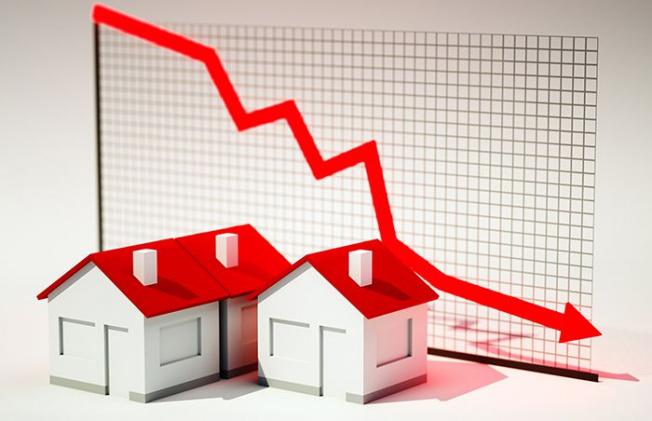According to Nationwide, UK house prices experienced the fastest annual decline in almost 14 years in May. Prices fell by 3.4% compared to the previous year, marking the largest drop since July 2009. The building society also cautioned that further increases in mortgage interest rates could impact the housing market. Rising mortgage rates have been driven by expectations of the Bank of England raising interest rates due to persistent inflationary pressures. The Nationwide report stated that the housing market is likely to face significant challenges in the near future.
In May alone, house prices dipped by 0.1%, with the average property price now standing at £260,736. Despite the recent decline, average prices are still 4% below their peak in August 2022. The drop in house prices may be beneficial for first-time buyers who have struggled with escalating property values in recent years. However, higher interest rates mean that mortgage costs have risen beyond the expectations of many aspiring homeowners.
Data from the Bank of England revealed that mortgage borrowing in April was at its lowest level on record, with borrowers repaying £1.4 billion more than banks lent out. Net mortgage approvals for house purchases also decreased in March. In response to these trends, various lenders have raised their mortgage interest rates, with Nationwide implementing one of the most significant increases.
Nationwide's chief economist, Robert Gardner, acknowledged the potential for higher mortgage rates in the future, which could exert upward pressure on the housing market. However, he maintained that a severe downturn was not anticipated due to solid labor market conditions and relatively healthy household balance sheets. Nonetheless, recent figures indicate a decline in property sales, with transaction numbers in April down 25% compared to the previous year. Experts suggest that the recent changes in mortgage costs and availability have dampened confidence in the property market, potentially leading to reduced demand, lower sales, and weaker prices.

